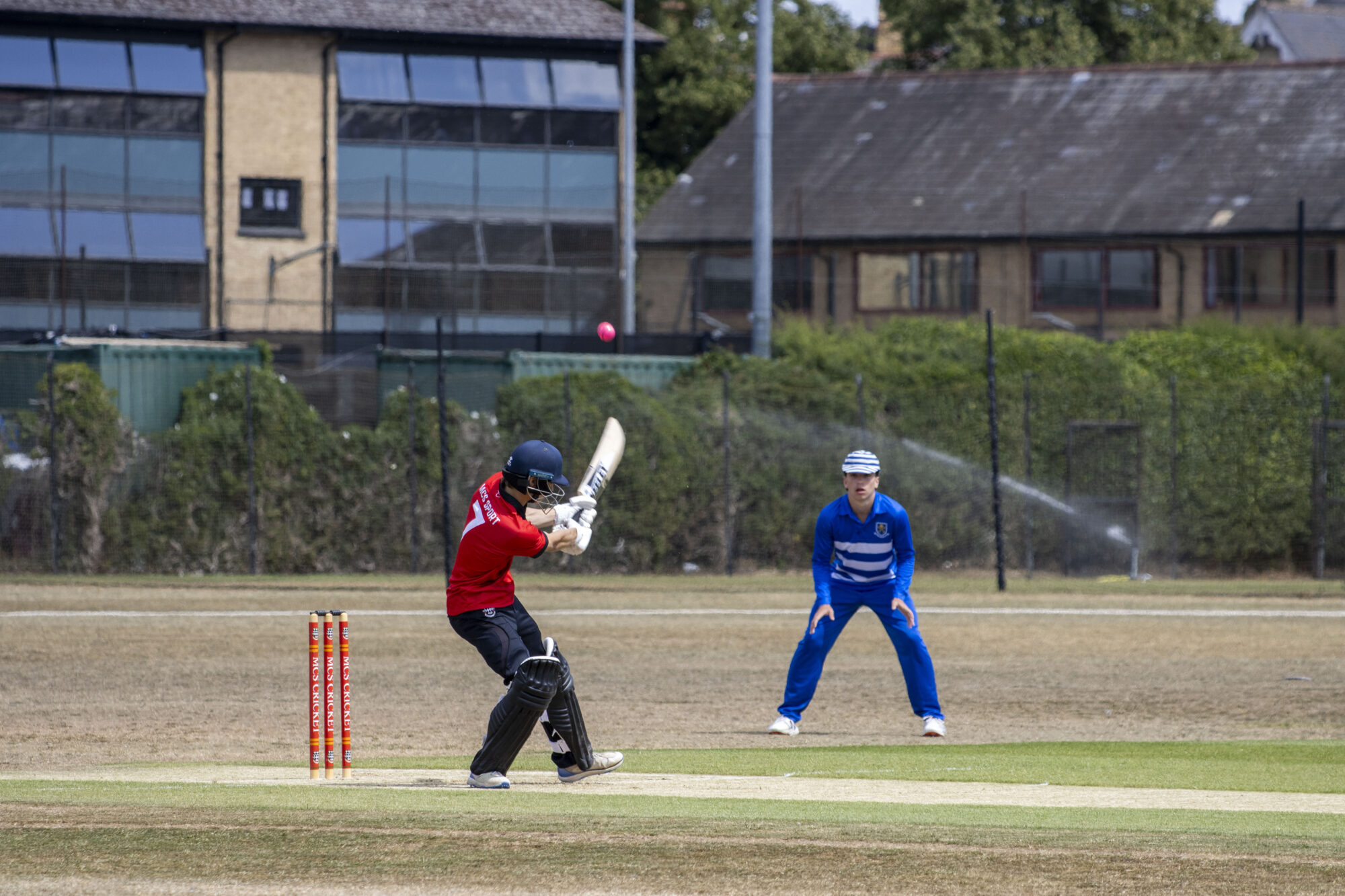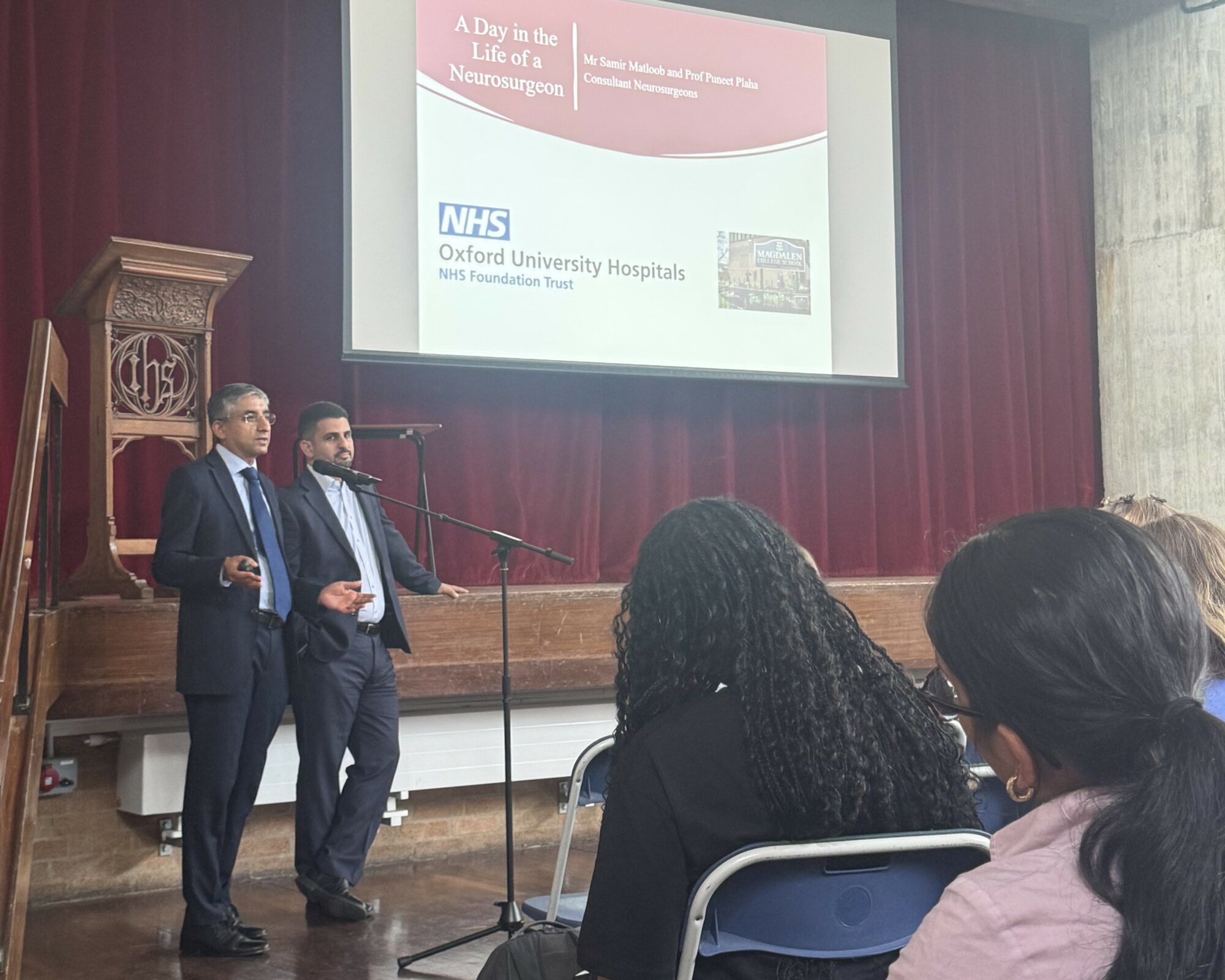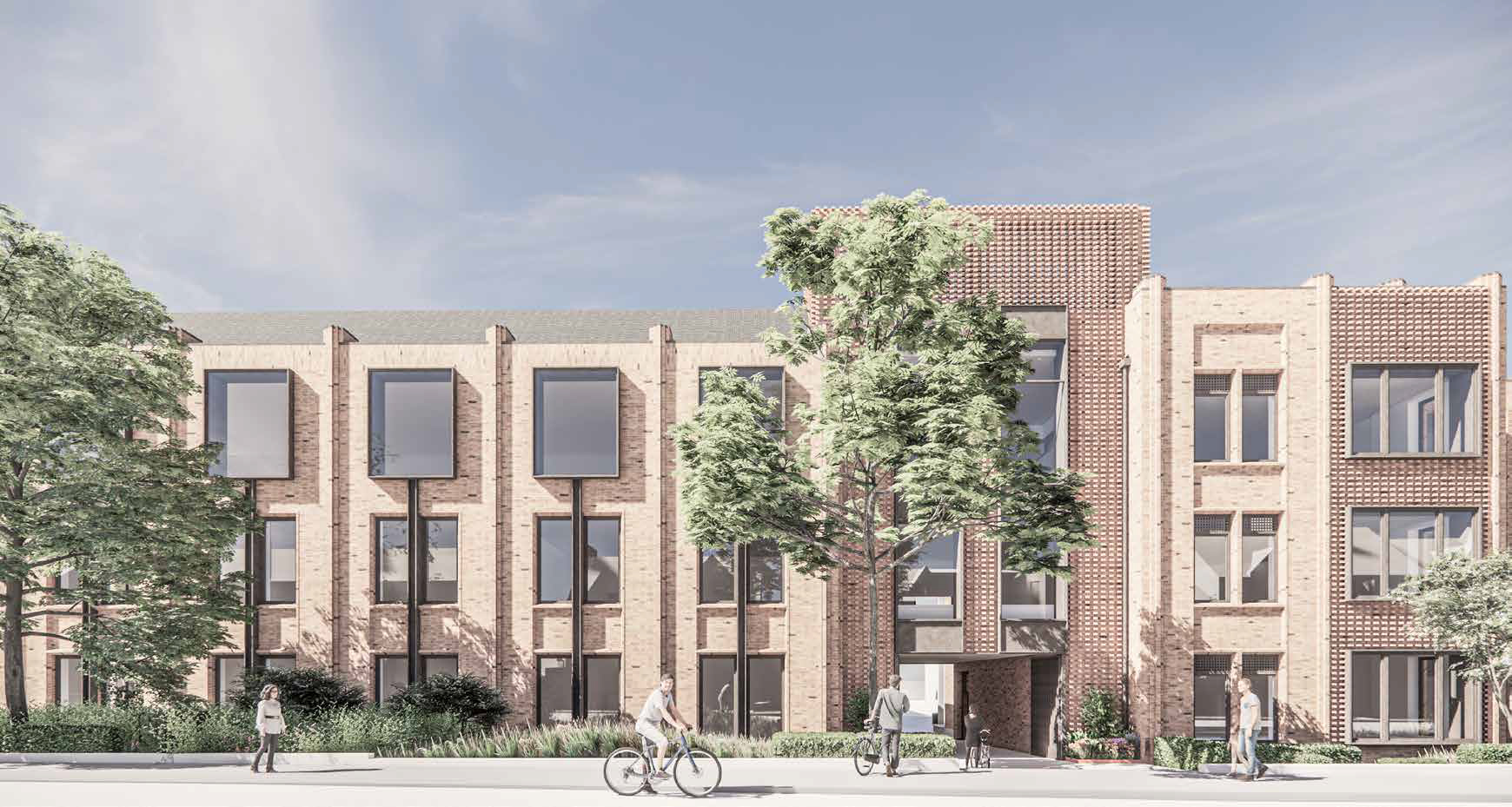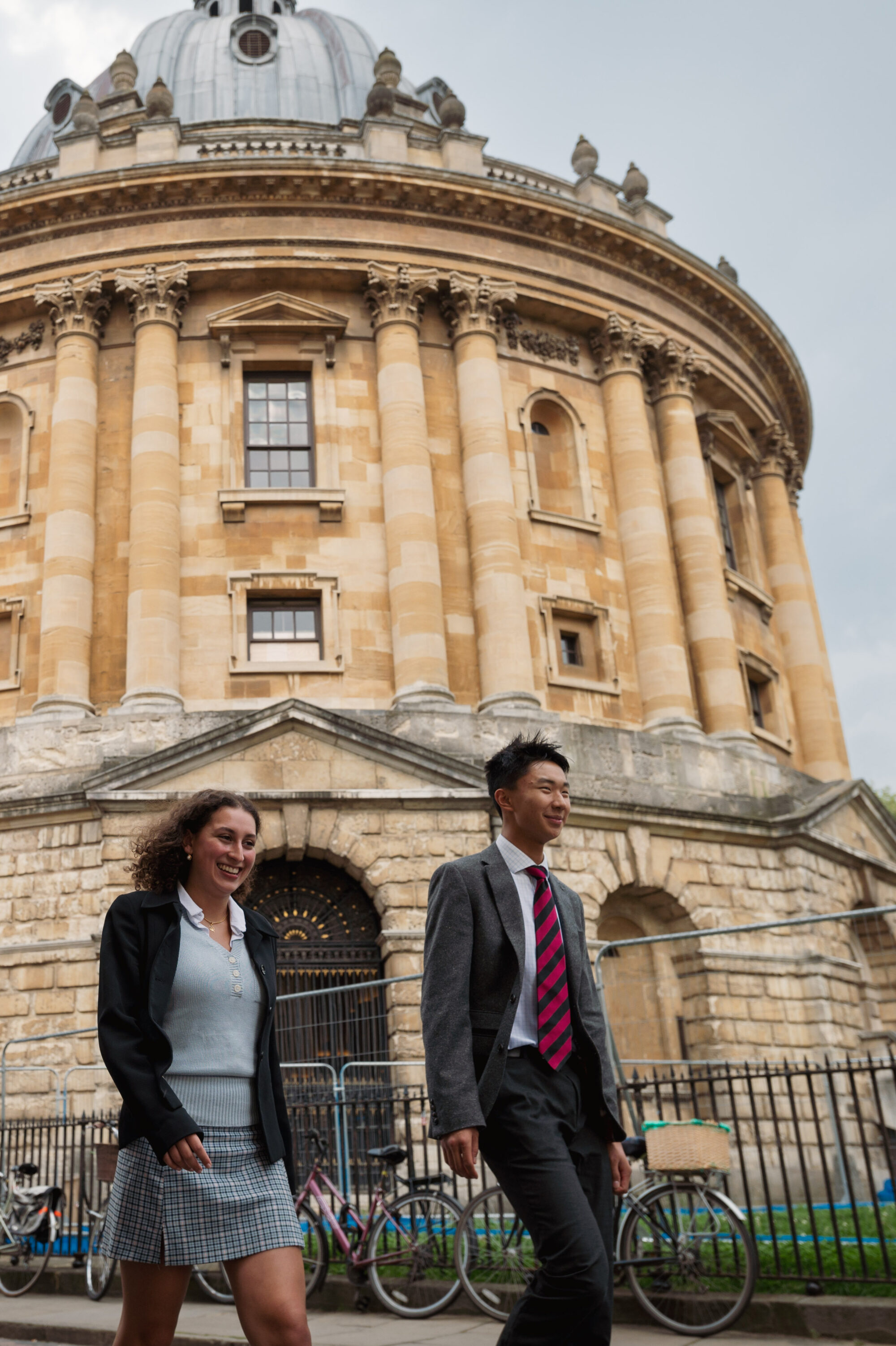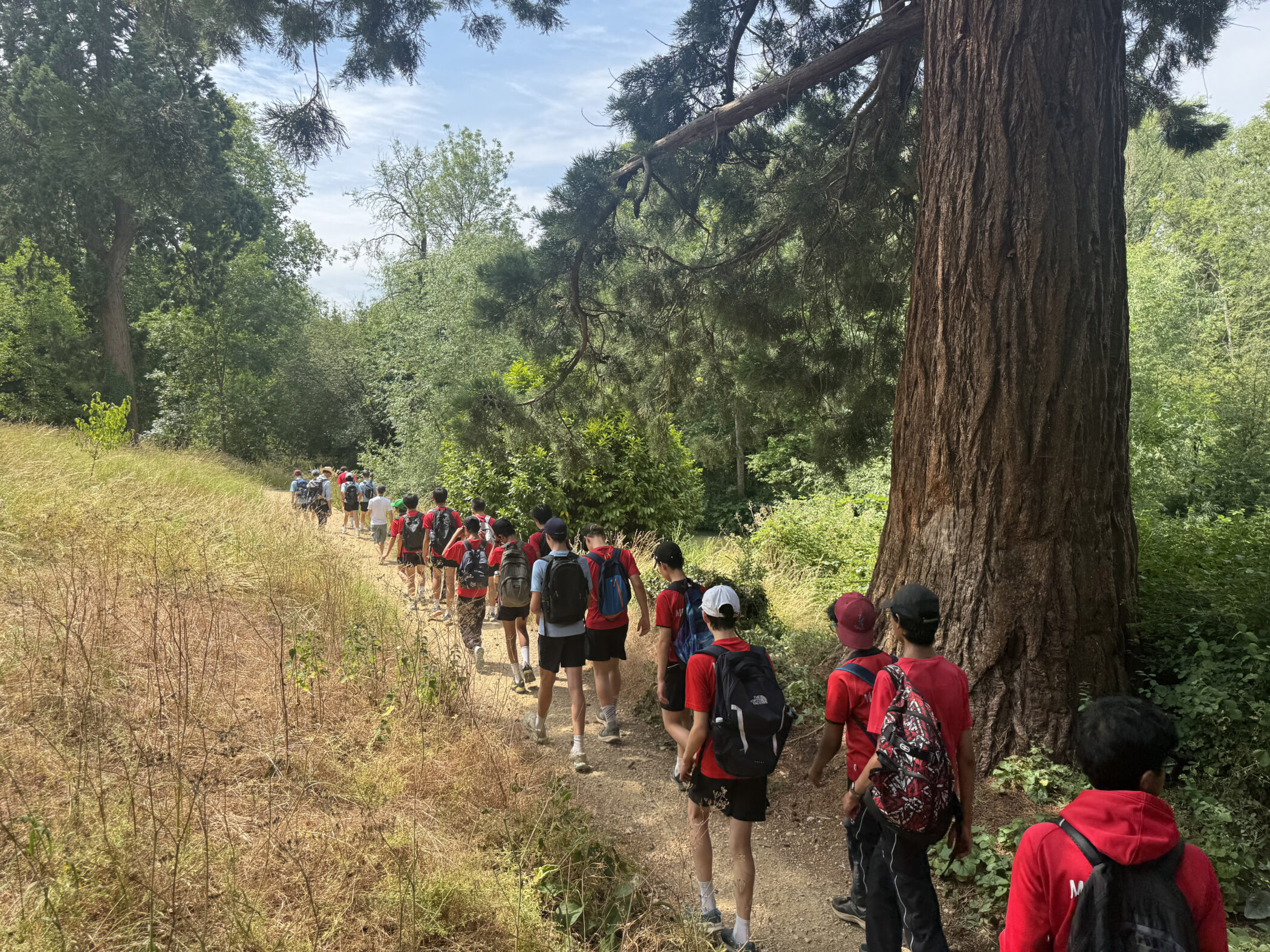In the statements below MCS publishes its commitments on Sustainability and Diversity. These are the basis of ongoing discussion and work in the coming year and beyond.
These statements were initially published in September 2020, and updated in December 2020 to reflect progress made so far.
Sustainability
MCS has around 900 pupils and 300 staff who learn and work on the School’s central Oxford site. The School recognises that its activities and actions have an impact on the environment, locally, nationally and globally. MCS is committed to becoming a more sustainable school as part of our 2030 vision, by reducing our negative impact on the environment and enhancing our positive impact.
What does Sustainability mean at MCS?
Sustainability means meeting our own needs without compromising the ability of future generations to meet their own needs. This encompasses not only the environment, but also social factors and economic resources.
Educating the MCS community about the need to live and learn in a Sustainable way is fundamental to the School’s Aims of “enabling each pupil to develop an independent and searching mind” and “equipping pupils to make a positive and lasting contribution to their communities, both now and in the future.”
MCS will celebrate its 550th anniversary in 2030. The current generation of MCS staff and pupils wish to ensure that we shape a School that is able to flourish for at least another half millennium, and hopefully many more beyond.
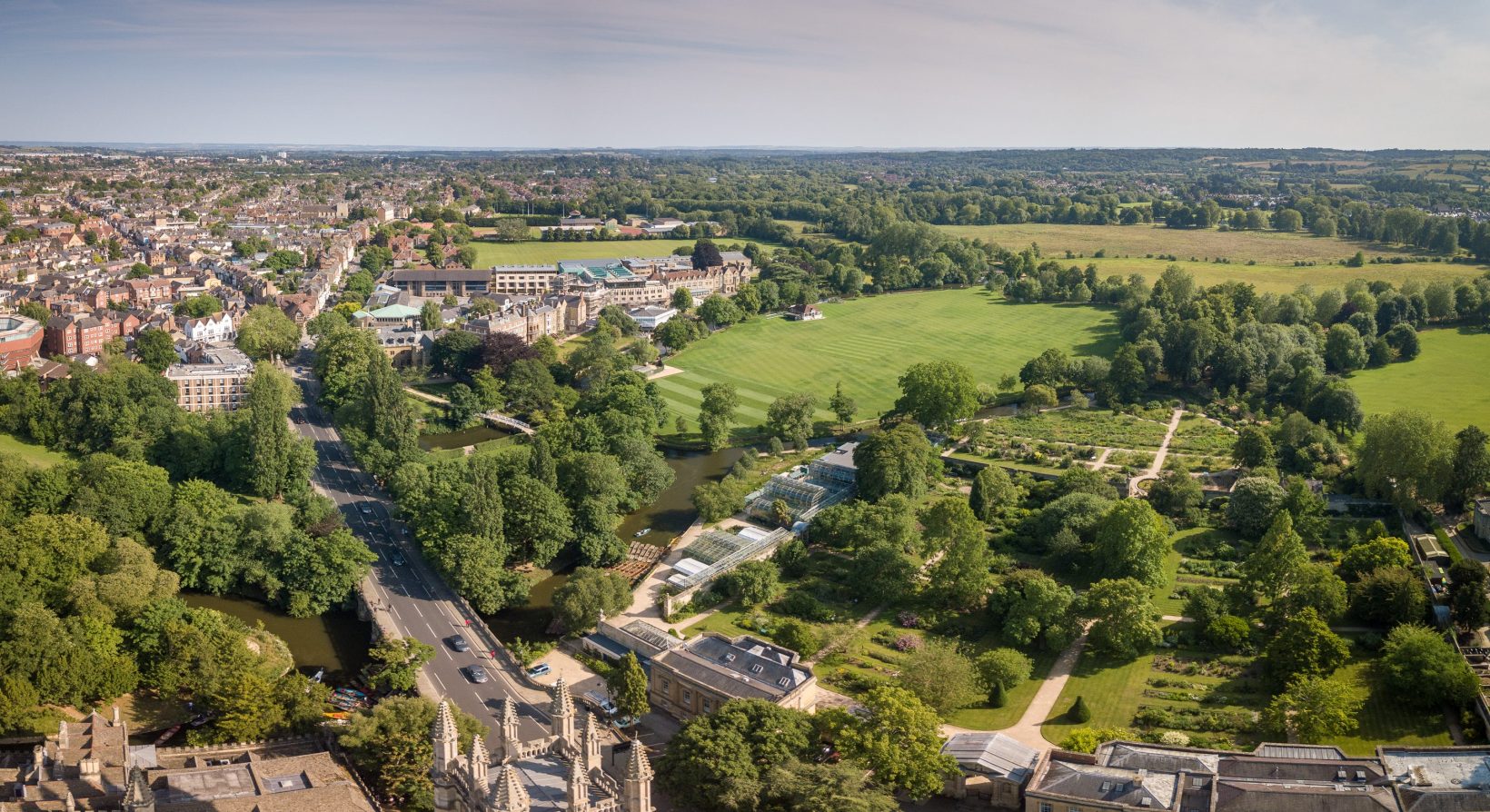
Areas of focus
MCS has identified the following areas of focus:
Environment:
- An estate built to last: MCS will ensure the Estate is built and managed in a Sustainable way.
- A culture of using less: The MCS community will all commit to using less, encompassing all aspects of school life, from pens to electricity.
- Sustainable purchasing: MCS will embed life cycle considerations into all purchases, and make environmentally friendly choices regarding products and suppliers.
- Environmentally friendly catering: MCS will ensure its catering operation minimises food miles, reduces its carbon footprint, and educates the community about healthy and sustainable food choices.
Social
- Broadening access: MCS is committed to an ambitious Bursary campaign which underpins our desire to educate all those who are best able to flourish from an MCS education, regardless of their background.
- Partnership within the Community: MCS is committed to working with partners within OX4 and more widely in order to develop a local and national sustainability agenda.
- Diverse & committed staff: MCS will seek to interview and recruit high quality and diverse staff, who are committed to the School’s aims and ethos.
- Good health and wellbeing: MCS will educate the community about the importance of health & wellbeing and ensure this is prioritised in everyday life at the school.
Economic:
- Sound financial management: MCS will maintain its sound financial position, to ensure the School can weather economic pressures and unexpected shocks, and thus secure its place in the future as one of the country’s leading Independent Schools.
- Sustainable investment: MCS will ensure staff have the option to make sustainable choices for their pension investments and the School’s endowment will be managed in a sustainable way.
Roles & Responsibilities
The Bursar chairs the Sustainability Committee and therefore has overall responsibility for the School’s sustainability strategy. The Bursar reports to the Governors termly.
The Deputy Head (Education Development) is responsible for ensuring Sustainability is addressed through the curriculum.
The Sustainability Committee is comprised of the Master’s Advisory Committee, the School Surveyor, the School Catering Manager and any other volunteers. Staff are welcome to join the Committee at any time by contacting the Bursar.
Reporting
The Sustainability Committee will produce an annual sustainability report, the first of which will be published in September 2021.
The School will be working towards Eco-School accreditation (a pupil led scheme) in 2021.
Diversity & Inclusion
Diversity and Inclusion – Commitments and Statement of Intent, September 2020
MCS has for some years now placed excellence in diversity at the heart of its mission and 2030 vision. This current debate is therefore consonant with the school’s ethos and its stated strategic goals. We are committed to an ambitious Bursary campaign which underpins our desire to educate all those who are best able to flourish from an MCS education, regardless of their background.
As already stated elsewhere, we have already completed a study which looked at barriers to entry to our school and how we can ensure that our inclusive goals are able to be achieved. That work is ongoing and includes mentoring of both pupils and families, and a review of the application and Bursary process.
Work to promote a more diverse workforce through review of our recruitment process. This work is already underway with advice from those with expertise in this area. From work we have already done in this area, we know this is a challenge.
Timeframe: Given that our major recruitment window is January to March, we will not be able to report results on this in a meaningful way before the end of Hilary 2021
Progress:
OW mentoring event November 2020 for young OWs and participants from the University with a focus on inclusion and how mentors can build inclusive networks.
With the support of the Oxford University Careers Service, we are participating in the University’s Crankstart microinternship scheme. We are also developing a nationwide approach to teacher recruitment with a focus on inclusion to be launched in 2021.
Recruitment process reviewed and interview schedule reformed to accommodate wider fields.
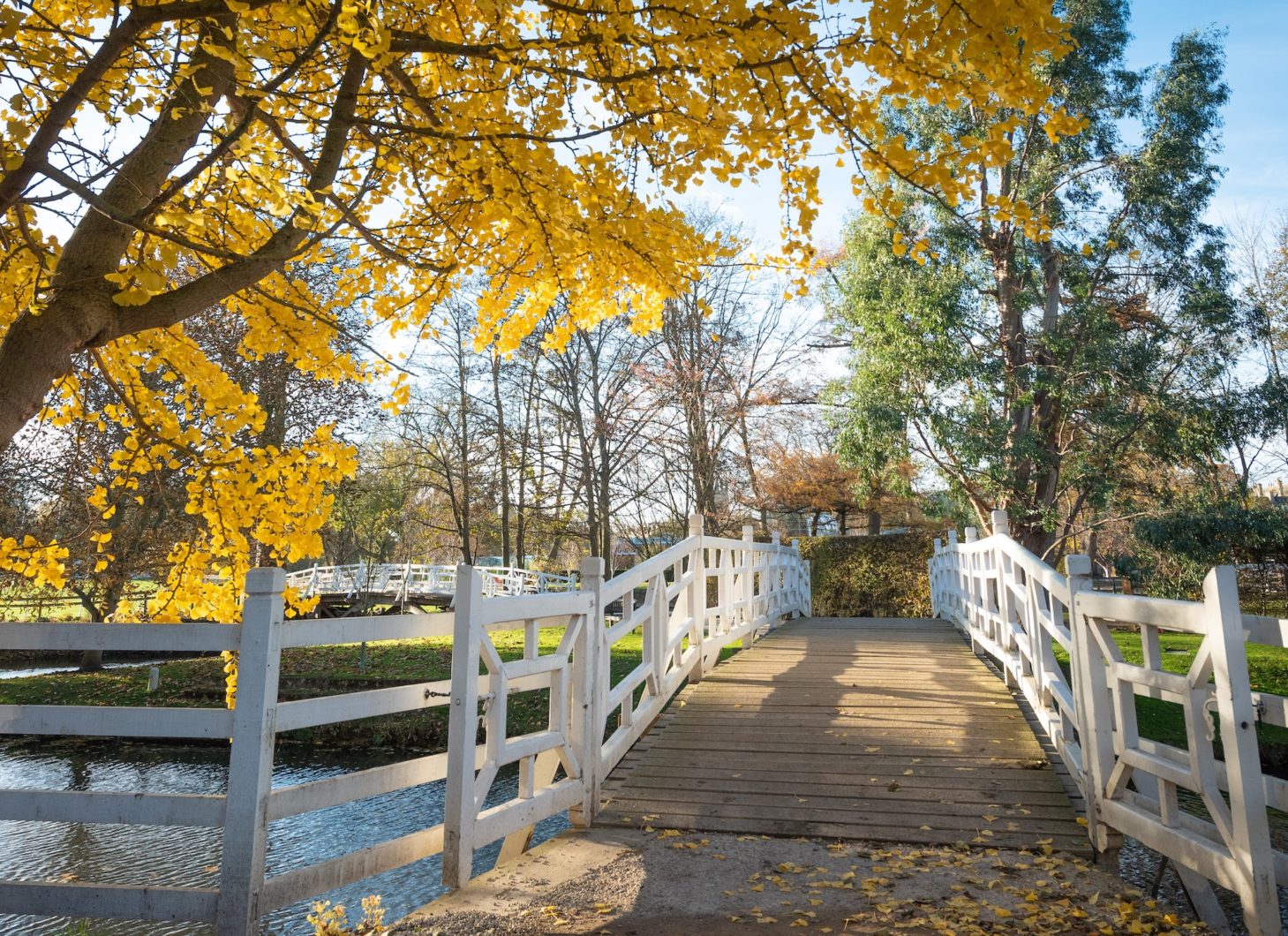
Ensure that MCS has an anti-racist culture. This is as much about values and attitudes as it is about curriculum. We aim to avoid the species of tokenistic or tick-box measure which outsources the thinking, the labour, or indeed has questionable effects. We are also trying to avoid received phraseology which can be overdetermined and can stand in for nuanced thinking.
Our Lilium (PSHCE) programme (introduced in 2017) remains an effective vehicle to address issues surrounding race, diversity and prejudice. Second Form pupils learn about racism and cultural identity. They also explore the history of empire in Britain and the benefits of living and working in a diverse society. Pupils also consider their demographic context within the city and our community. Third Form pupils explore social injustice which begins with the question what have you done to make the world a better place? In the Lower Fourth, pupils take a Lilium module on prejudice and toleration. This is further explored in the Upper Fourth through the Developing an Identity module. Upper Fourth pupils also explore the power of ‘having a voice’, and the role of local government, parliament and the media in making change happen. In the Fifth Form, Financial and Economic Awareness module pupils reflect on the significance of ethical consumerism. Immigration and poverty are also discussed in Fifth Form.
One of the strengths of the Lilium programme is its adaptability, and we look forward to continuing to develop and refine the content in response to the needs of the MCS community.
Timeframe: Review of the curriculum is also something which needs sustained debate and reflection. Therefore the end of Hilary 2021 is a reasonable time to conclude.
Progress:
MCS is working alongside members of the Cultural Partners Group on an anti-racism manifesto. Discussions are ongoing and plans should be public in February 2021.
Curriculum review discussed at all departmental meetings, and at Heads of Department Meetings. Whole-school curriculum review begins January 2021 led by Deputy Head Academic.
We await the report on the Commission for Race Disparity, which it is anticipated will make recommendations on the curriculum on which we will then need to reflect.
We have engaged new contributors to our Lilium speaker programme who are more reflective of a diverse community. For example, we asked the School of Sexuality Education, an organisation committed to equality and social justice, to contribute to our Relationships and Sex Education curriculum. Elsewhere, we have committed to hosting anti-racism workshops for pupils in the Middle School and Sixth Form. Upper Sixth #YouCan’tSayThat debate focused on race and BLM. We are also reviewing our lessons on protected characteristics to give greater focus on what pupils should do if they encounter racism or intolerance.
Ensure that all pupils, colleagues and parents have the opportunity to speak and to challenge about matters of race in a meaningful way.
Timeframe: As soon as pupils are back with us face–to–face, we shall run small open pupil forums which feed into discussions with HoDs and at Senior Team. We should therefore be able to report on the outcome of those conversations by October half term. There will also be an online OW panel forum.
After discussion and reflection we resolved that it was better to do a survey before launching discussion groups, and then to ensure that all tutor groups took part in these on the basis of what emerged from the survey.
Therefore in October pupils from J4-U6th completed the Flair survey on racial attitudes and awareness. Over 600 completed the survey. While MCS emerged as both a strongly diverse and inclusive community, there were some areas of improvement on which we can now focus.
Posters detailing what our policies say all pupils should do if they perceive that any protected characteristic is being challenged are being developed, and houserooms will discuss the Flair survey in January 2021.
Pupil-led chapel talks/tutor period materials given and being produced – led by Senior Prefect Team.
…
We welcome ideas, thoughts and constructive feedback from the whole MCS Community. Contact Master@mcsoxford.org if you have something to share.
 MCS ranks among the top independent secondary schools, and in 2024 was awarded Independent School of the Year for our contribution to social mobility.
MCS ranks among the top independent secondary schools, and in 2024 was awarded Independent School of the Year for our contribution to social mobility.

 28 of our pupils achieved 10 or more 8 or 9 grades in 2024.
28 of our pupils achieved 10 or more 8 or 9 grades in 2024.
 In 2023-24, MCS received over £448,000 in donated funds.
In 2023-24, MCS received over £448,000 in donated funds.